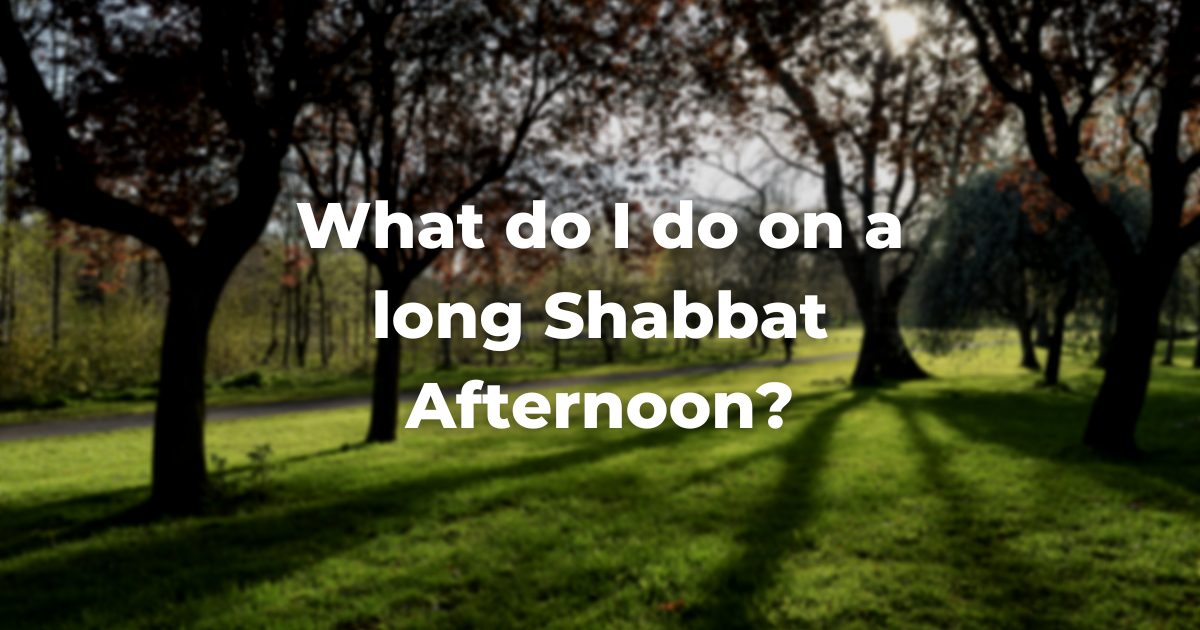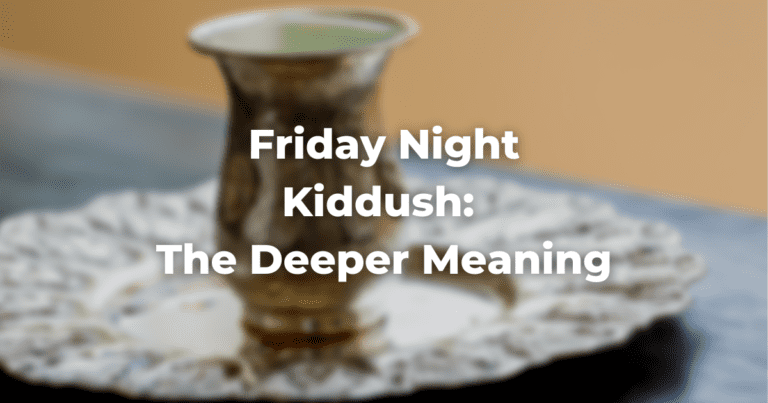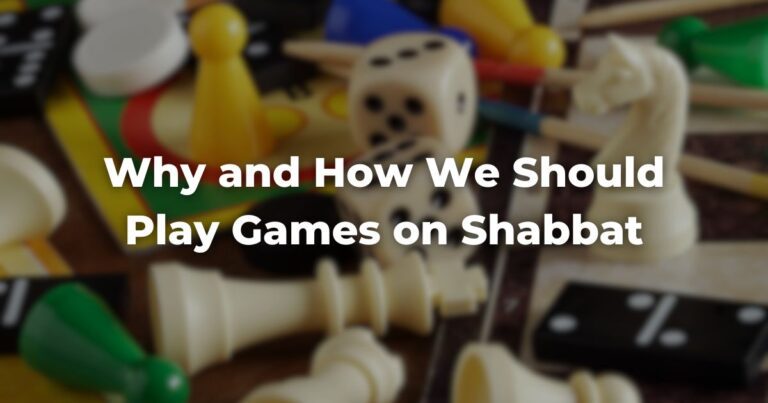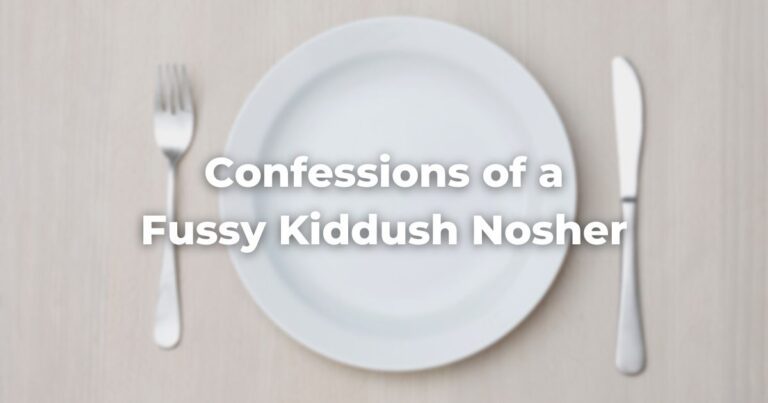As the sun begins to set later, the amount of time in the afternoon we have between our morning Shabbat service and Havdalah lengthens. For those of us who actively keep Shabbat, that means we don’t spend money, cook, bake, sew, knit, write, draw, build, garden, or a whole lot more until after many kids and some adults are already asleep.
The question arises – what in the world do I do on a late spring or summer Shabbat afternoon when there is so much I can’t do?
Quite honestly, Saturday afternoon is one of my favorite times of the week, and I would love to share with you some of the ways I celebrate a day off from creative work.
Prayer and Study
Here in Shreveport, Louisiana, I often don’t leave the synagogue until 2 or 3 in the afternoon, as we have lunch and learning after services. While we don’t have formal late afternoon services or learning, I often engage in some Jewish learning and afternoon prayer on my own, stretching out my Minhah and blessings before and after I eat as expansively as I can.
Many larger Jewish communities have multiple synagogues with multiple learning and prayer opportunities in the hours before Havdalah, the end of Shabbat.
For those learning alone or with a study partner, Pirkei Avot and Psalms 120-134 are just a sampling of some traditional texts to study on Shabbat afternoon.
Beyond the traditional, each of us has an aspect of Judaism about which we yearn to learn more. Between our personal and community libraries and internet articles that can be printed before Shabbat, we each have those resources and that time at our fingertips.
Get Moving, and Then Don’t!
If weather permits, I take my dogs on a long, leisurely walk each Shabbat afternoon.
Even for those without furry friends, Shabbat afternoon can be a great time to explore the neighborhood, or if you’re lucky enough, nearby walking and hiking trails. If the weather doesn’t permit during a hot, temperamental Louisiana summer, I often practice yoga or stretch for a bit.
There are countless workouts and movement practices that don’t involve the kind of machinery from which we shy away on Shabbat!
Once my dog walk or yoga is over, I’m ready for one of my classic Shabbat naps.
Even if I can’t sleep, I embrace that luxury of staring into space for a couple of hours, with nothing scheduled and no consequences. I also often take Shabbat to dig into those books I have on my shelves that I have otherwise ignored for years.
For Extroverts and Parents
For the extroverts among us and those who live with others who might need to be entertained, Shabbat afternoon can be a wonderful time to play board or card games. Although we don’t write on Shabbat, any necessary scorekeeping can be done with scraps of paper and the pages of a thick book.
Shabbat afternoon is also a great opportunity to invite friends or neighbors to visit.
When I lived in a largely Jewish neighborhood, I would often knock on friends’ doors with board games in hand. Now, I love to invite those who may not otherwise experience Shabbat to my home and give them a taste of our world with games, snacks, and eventually, Havdalah.
What to Eat?
While we don’t cook or bake on Shabbat, we can reheat food prepared or bought before Shabbat, according to our personal halakhic practice.
We can even prepare cold foods like salads, deli sandwiches, chips and dip, or ice cream and toppings. Just in case my husband and I don’t have time to prepare anything, or just in case someone knocks on our door on a Saturday afternoon, we always make sure we have something easy in the fridge, freezer, or pantry to nosh and share.
Musical Instruments, a More Controversial Practice
For one more introverted activity on a Shabbat afternoon, I love spending the early evening practicing piano, only playing what gives me the most joy and comfort. If I ever become frustrated, I set that particular piece or exercise aside for another day of practice; Shabbat is not the time for tsuris (pain, struggle).
Still, I am aware that not everyone in the Conservative movement accepts the permission to play instruments on Shabbat. We may be tempted to fix our instruments if they break, violating a Shabbat prohibition.
However, I believe that we are each wise enough to use our discretion when playing instruments for the sake of rest and delight on Shabbat.
A Weekly Reset
Throughout the rest of the week, we have places to go, people to see, and tasks to do. Just one day a week, we have an opportunity to reflect on all that we have accomplished in the past six days and reset our energy for the next six days to come.
While theoretically, the concept of a restful Shabbat may sound lovely, those hours of unscheduled, unprogrammed time can sometimes seem terrifying or even unrealistic.
And yet, if we change our mindsets from all of the things we can’t do for twenty-five hours to all of the things we finally have a chance to do, guilt-free, we can come closer to embracing the mitzvah of oneg Shabbat, of delighting in a day that is perfect just as it is.
In the TalmudReferring to one of two collections, the Jerusalem and Babylonian Talmuds, edited in the 6th century, that contains hundreds of years of commentary, discussion, and exploration of the ideas in the Mishnah. One could describe it as Mishnah + Gemara = Talmud Read more Bavli, Masekhet Shabbat, Rabbi Yohanan, son of Rabbi Yosi teaches, “regarding anyone who delights in Shabbat, God gives them a boundless portion” (Shabbat 118a). When we use Shabbat afternoon to embrace what gives us true delight, we open ourselves to endless possibilities.
We may even find that this one day taken away from creative work may be more productive, more inspiring, and more rejuvenating than any other day of the week.
Author
-

Rabbi Sydni is originally from Agoura Hills, California. Previously, she served as the Rabbi of Agudath Achim in Shreveport, Louisiana. She has also served as a spiritual leader and teacher at Jewish organizations such as Ohr Shalom Synagogue (San Diego, California), IKAR (Los Angeles), and B’nai B’rith Camp (Neotsu, Oregon). Rabbi Sydni especially enjoys teaching, learning, reading, writing, and chatting about Jewish approaches to self-care, the status of women in Jewish law, and Biblical notions of love of God. When she is not at Congregation Beth TorahRefers to the first five books of the Hebrew Bible, the Tanakh, also called the Five Books of Moses, Pentateuch or the Hebrew equivalent, Humash. This is also called the Written Torah. The term may also refer to teachings that expound on Jewish tradition. Read more, you may find her practicing yoga, playing piano, or enjoying the season's produce. You may also find her spending time with her husband and best friend, Rabbi Feivel, their son Shalom Zimri, and their dogs Buddy and Marbles.
View all posts






